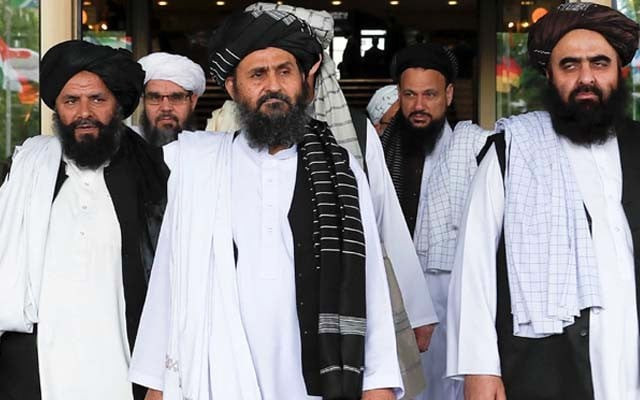
When Kabul fell to the Afghan Taliban in August 2021 without firing a single shot, there was a near-international consensus among the big powers as well as regional players on the future of Afghanistan.
All major powers, including the US, China, Russia, and regional players such as Pakistan, Iran, and others, agreed the Taliban had to fulfil certain conditions before their de facto government was recognised.
Those conditions included forming an inclusive government, respecting women’s and human rights, and not allowing Afghan soil to be used again by terrorist groups.
Pakistan was one of only three countries that recognised the Taliban’s first rule from 1996 to 2001, but this time it aligned with the international consensus on the question of recognition.
The understanding among the major players and stakeholders remained in place for a good two years before the international consensus started falling apart.
Read more: Has China formally recognised Taliban govt in Afghanistan?
The first sign of rupture came in March when China accepted the full-time ambassador appointed by the Taliban regime. Though Beijing never officially recognised the Taliban government, its move to accept a full-time ambassador was seen as tacit recognition.
Now, another major power and stakeholder in Afghanistan is inching closer to establishing full-fledged ties with the Taliban.
Russia, which suffered a defeat at the hands of Afghan Mujahideen backed by Pakistan and the entire Western bloc, is hinting at recognising the Taliban government.
As part of the first step, the Russian Ministry of Justice and Foreign Affairs recommended President Vladimir Putin remove the Afghan Taliban from the list of terrorist organisations. Moscow banned the Afghan Taliban in 2003 when they were waging a war against the US-led foreign forces.
The move is aimed at paving the way for potential recognition of the Taliban government.
Also read: Russia invites Afghanistan's Taliban to major economic forum
President Putin this week said the Afghan Taliban are “reality” while the deputy chairman of Russia’s Security Council said Moscow was close to establishing a “full-fledged” relationship with the Taliban government.
"The Taliban are now in power, and we are close to establishing full-fledged relations with them," Dmitry Medvedev said.
Medvedev noted that the situation had changed over the last 20 years, with the Taliban once considered "terrorists," and the United States deemed a partner in the fight against extremism. "Now things are different," he said.
Russia’s special envoy to Afghanistan, Zamir Kabulov, noted Monday that the Taliban had “come a long way towards being recognised” since seizing power. "But there are still a few hurdles to overcome, after which the Russian leadership will make a decision," he said, without elaborating.
The Russian envoy was also quoted as saying that his government had extended an invitation to the Taliban to attend the June 5-8 St. Petersburg International Economic Forum.
But the US did not like the Russian move, saying the Afghan Taliban had not done enough to be given recognition.
John Kirby, the spokesperson for the US National Security Council, told reporters in response to the Russian move that it did not send the right message.
He said the Taliban had yet to fulfil a single promise they made. He ruled out any possibility of the US recognising the Taliban government anytime soon.
1725784957-0/Tribune-Pic-(17)1725784957-0-405x300.webp)
1724760612-0/Untitled-design-(12)1724760612-0-165x106.webp)





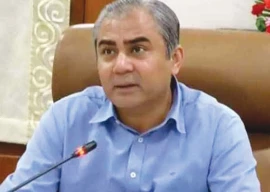
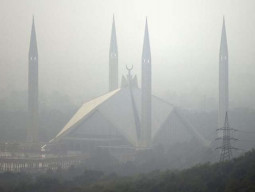


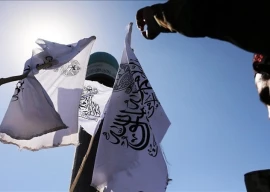


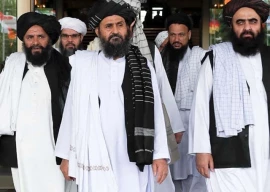






COMMENTS (2)
Comments are moderated and generally will be posted if they are on-topic and not abusive.
For more information, please see our Comments FAQ